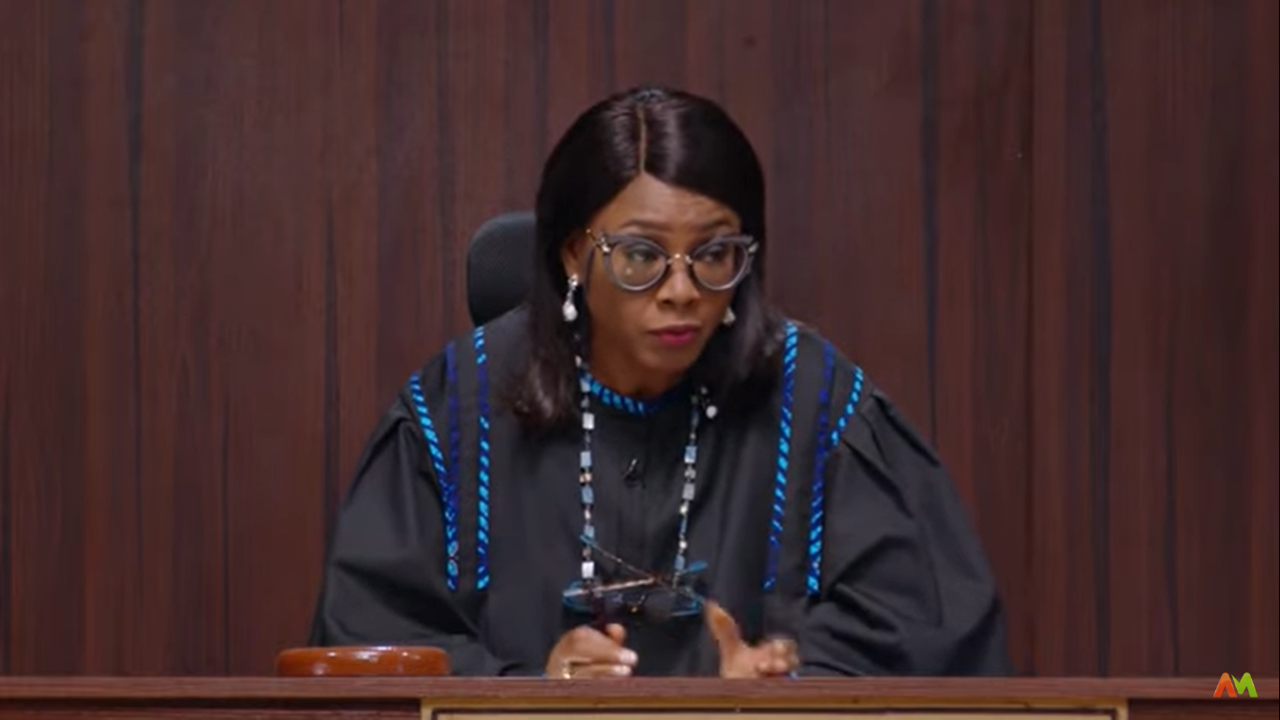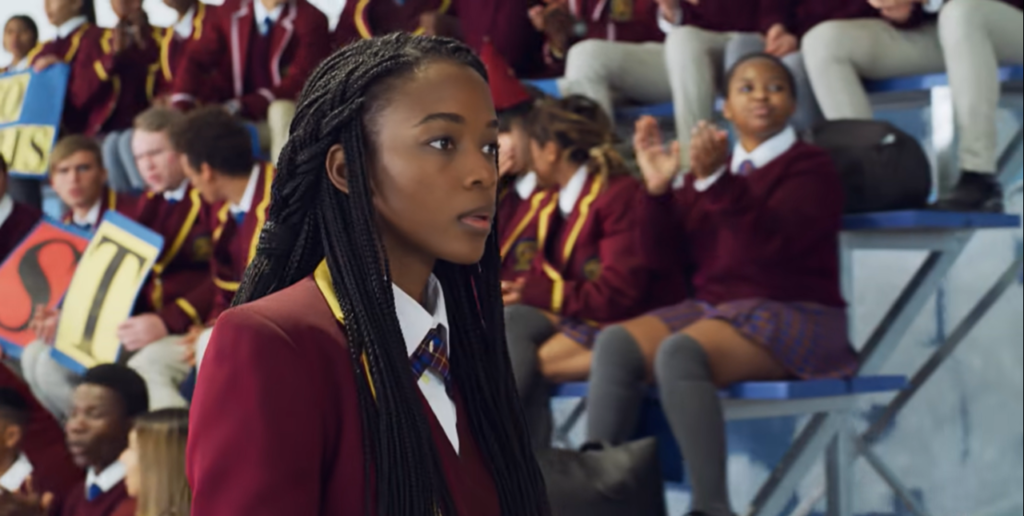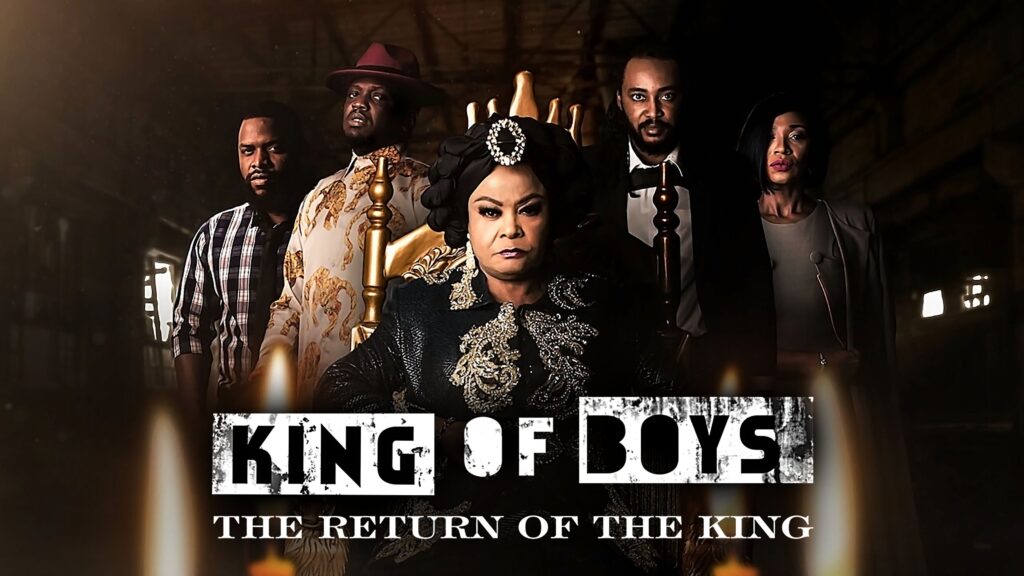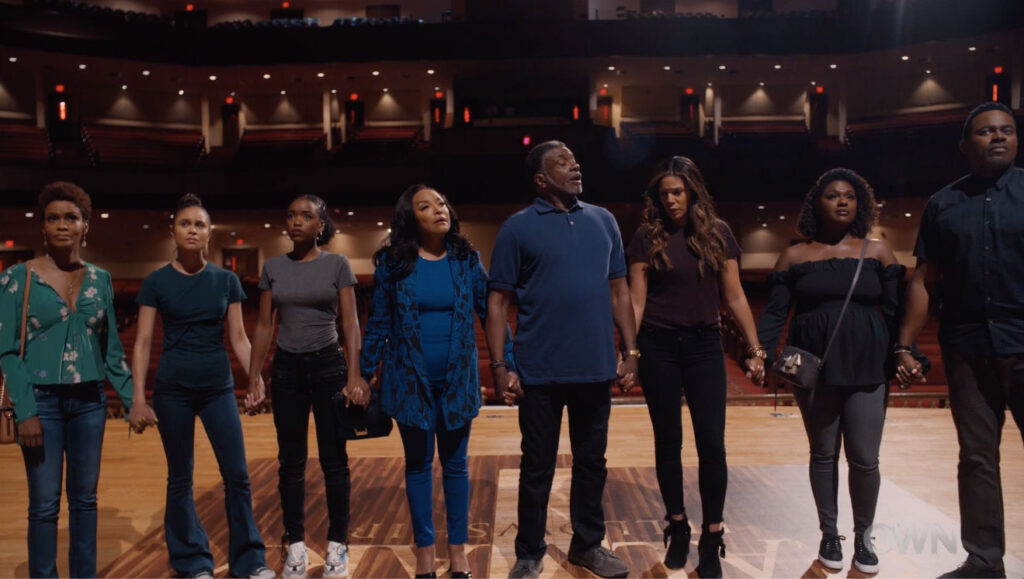In March, news broke that Judy Sheindlin was ending her courtroom TV show,” Judge Judy,” after a 25 season-run. And giving way for an all-new TV series titled “Justice Judy.” Shortly after, Ebuka Obi-Uchendu announced on social media that “Judging Matters” would be premiering on Africa Magic. It was perfectly timed.
Whilst “Judge Judy” is the highest-rated courtroom programming show in the US, there are several courtroom TV shows around the world including the UK’s “Judge Rinder” which also once aired on DStv. So, it was exciting to learn that Nigeria was getting its own courtroom reality TV show. The general sentiment was that Nigeria has an abundance of characters and antics are not in short supply. As such, “Judging Matters” was bound to be dramatic and hilarious. Would it attract a cult following like “Big Brother?” Time would tell.
“Judging Matters” premiered on 27 April. The reality TV show is directed by Tosin Igho better known for the movies Eve (2018) and Seven (2019). On the bench is Honourable Justice Olusola Ajibike Williams as Judge Williams. Igho’s show follows a similar format as the foreign courtroom shows but has been localised to suit the Nigerian audience.
The hits
The picture quality of the show is top-notch. Judge Williams has effortlessly made the show her own – she is not mean yet stern. Sadly, Igho has made Obi-Uchendu the star of his show rather than Judge Williams. Obi-Uchendu does not allow the audience get enough of Judge Williams. She would undoubtedly do well without him. She’s got star quality too and can hold her own. If in doubt, just look at how she matches her glasses with the Ankara pipping on her black robe. Goodness, Judge Williams is gorgeous and stylish!
The cases are also very familiar – tenants who refuse to pay rent, a carpenter or DJ hired to do a job but is awol. The plaintiffs and defendants are unscripted so it makes for natural conversations and a truly interesting show. You will hear statements like ‘we sign agreement with mouth,’ that is ‘we had a verbal agreement,’ or ‘we dey hear the aroma,’ translating to, ‘we could smell the aroma of the food.’ The dialogue is all-too Nigerian. Obi-Uchendu’s interrogations make the conversations even more hilarious. His Pidgin English is sonorous – what we like to refer to as a good command of Pidgin English. It’s the next most exciting thing about Obi-Uchendu after his good taste in clothes. And he brings the same flavour we hear on his interactions with housemates on “Big Brother Naija” to this show.
In other courtroom shows, after the judge gives a verdict, we see the defendants and plaintiffs talking to the camera expressing their contentment or displeasure with the verdict. The interviewer is invisible. But in “Judging Matters,” Obi-Uchendu interviews the participants after Judge William’s verdict. It works. All these elements come together seamlessly to deliver a very visually appealing and entertaining show. Still, the reality TV show could do with some remedying.
The misses
The first and most obvious mishap is that Obi-Uchendu’s role is purely decorative. In the real world, a general counsel is the chief legal officer or head of the legal department of a company. They advise the chief executive officer or highest ranking official of an organisation. As such, Obi-Uchendu’s role as General Counsel in “Judging Matters” is confusing. He is more or less an interpreter somewhat straddling prosecution and defense. Simply a lure for fans and Igho’s strategy to get eyeballs. The show’s opening sequence proves it.
Unlike its foreign counterparts, “Judging Matters” opens on Obi-Uchendu getting some make-up and he’s dressed as though he were preparing to appear on a red carpet. After Judge Williams is introduced, he is shown in a library and the narrator says ‘having two Masters degrees, he knows the law like the back of his hand.’ That narrative just amplifies the blunder – because a trained lawyer should know better. Obi-Uchendu is one media personality we admire so this error saddens us.
His role as general counsel calls to question the commitment of Nigerian film and TV directors to understudying professions before they situate their stories within certain industries. This mistake has been made over and over again by the best of Nollywood filmmakers. From Genevieve Nnaji’s “Lionheart” to Niyi Akinmolayan’s ‘The Arbitrator” and Accelerate TV’s “Who’s the Boss,” there are misrepresentations of the professions that were central to the stories. It simply makes our filmmakers laughable.
The other problem with “Judging Matters” is that it currently airs on Africa Magic Showcase which is only accessible to DStv Premium and Compact Plus subscribers. It is therefore out of the reach to those who feature in it – more likely GOtv customers. It’s almost exploitative. MultiChoice needs to consider airing the show on its lower tiered bouquets to grow its popularity. Seeing oneself on TV is always a great incentive to tune in.




